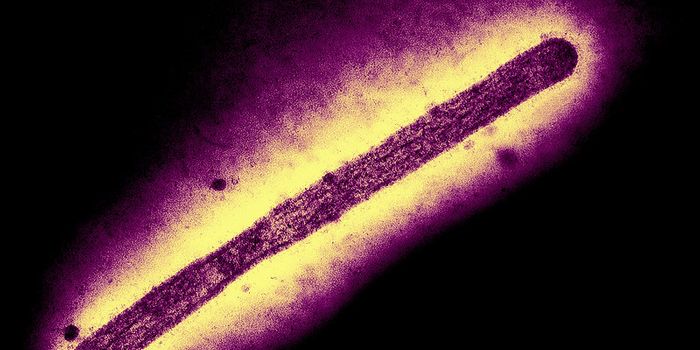Novel Treatment Improves Asthmatic Symptoms in Patients
Roughly 28 million individuals in the United States are diagnosed with asthma. Despite the disease’s prevalence being higher in children, the overall prevalence is steady. While many individuals are affected by this condition, there is a limited understanding of the mechanisms for why and how this disease occurs.
Asthma is a chronic lung disease that is accompanied with shortness of breath, coughing, and wheezing. In this condition the airway contracts, narrows, and swells to limit air infiltration and the ability to expel carbon dioxide from the body. In some cases, the condition causes excess mucus, making it harder to breathe. Asthma is commonly triggered by allergens or other irritants such as smoke, pollen, and dust. Interestingly, many people with asthma also have allergies, which contributes to lung inflammation. Unfortunately, scientists are unsure how asthma develops, but many agree that genetic conditions predispose individuals to the disease.
Currently, physicians and scientists are still working for an effective curative treatment. However, asthma can be managed and mediated. When symptoms are not well controlled and a patient experiences intense triggers, such as a breathing in a high concentration of pollen, they can experience an asthma attack. This is a sudden worsening of symptoms and severely constricts the airway. Asthma attacks can be life threatening, and many asthma-diagnosed patients carry an inhaler or bronchodilator, which helps to relax and open up the lungs. While many asthma cases are manageable, not all medications work for patients and may not provide long-term relief. In response, scientists are working to developed stronger therapies to treat therapy-resistant patients.
A recent paper in the Journal of Allergy and Clinical Immunology, by Dr. Michael Croft and others, introduces a new therapeutic approach to dampen the immune response and reduce inflammation in asthma patients. Croft is a Professor and Director of Academic Affairs at the Center for Autoimmunity and Inflammation, La Jolla Institute for Immunology. Croft’s research focuses on proteins that initiate and sustain inflammation. Specifically, he investigates autoimmunity and inflammatory disease.
Since asthma is the overreaction of the immune system, researchers developed therapies that dampen the immune response. The “cocktail” of inhibitor molecules suppresses hyperactive immune cells, but allow specialized T cells, which are responsible for targeting infections, to maintain function. Therefore, the cocktail prevents immune cells from becoming overreactive and at the same time maintains protective immunity. Scientists also developed two versions of the cocktail therapy, which could treat severe allergic asthma in mice. The rationale for developing two versions of the therapy was to provide physicians with various forms to provide patients. Physicians have the possibility to prescribe the best treatment.
Researchers are hoping to build long-term tolerance to allergens and significantly reduce asthmatic symptoms and the occurrence of asthma attacks. More importantly, this work provides insight into the mechanism behind asthma inflammatory responses and how to best combat autoimmunity. The development of the two asthma cocktails can translate to generalizable autoimmune disorders to suppressive specific cells and maintain healthy regulatory immunity. The cocktail still needs to go through clinical trials, but it provides a solution to a desperate need for better treatments in the field of autoimmunity.
Paper, Journal of Allergy and Clinical Immunology, Michael Croft, La Jolla Institute for Immunology








